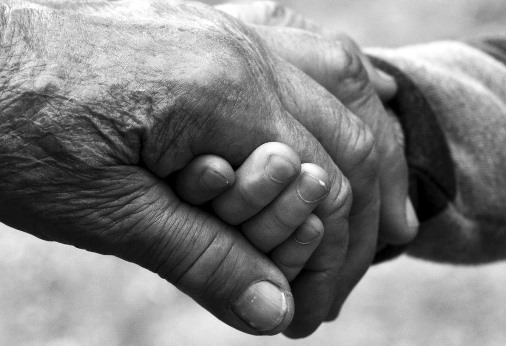DOES MY AGE AFFECT MY FERTILITY?
We have defined infertility, its causes and male contribution to it (insert link). However, there are various other factors that contribute to infertility, age is one of them.
HOW DOES AGE AFFECT A WOMAN’S ABILITY TO BECOME PREGNANT AND SUSTAIN A PREGNANCY?
A woman’s age is one of the most important factors affecting her ability to conceive and give birth to a healthy child. This is due to several changes that are a natural part of ageing.
- The number and quality of eggs (ovarian reserve) for example naturally decreases from the time a woman is born until the time she attains menopause. This decline is gradual until her early thirties but accelerates quickly after her mid-30s.
- It is not only more difficult to get pregnant, but miscarriage and chromosomal abnormalities in the child e.g. Downs syndrome are more common in older mothers.
- Fibroids, endometriosis, and tubal diseases are more common and can affect fertility.
- Women who become pregnant at an older age have a higher risk of complications during the pregnancy such as gestational diabetes and preeclampsia.
WHAT ARE THE STAGES OF REPRODUCTION?
The Reproductive years
The first menstrual period usually occurs around the age of 12. Periods may be irregular at first but should become regular over the next couple of years. Fertility peaks from the late teens through the late 20s and then begin to decline by the age of 30.
The chances of miscarriage increases while that of conception decreases.
Menopausal Transition
Usually, when a woman is in her 40s, she will begin to transition from the reproductive years to the menopausal state. The length of the menstrual cycle will start to vary and she may begin to skip periods.
A woman may experience hot flashes due to a decreased estrogen production by the ovaries and may have difficulty sleeping. Pregnancy is rare but not impossible. The average age of the final menstrual period (menopause) is age 51.
Post Menopause
After menopause, pregnancy is no longer possible. Ovaries produce very little estrogen, which results in vaginal dryness and bone loss. Hot flashes intensify and then begin to subside. Hormone therapy or other treatments may be appropriate for short-term use.
HOW DOES REPRODUCTIVE AGEING AFFECT FERTILITY?
By age 40, many women will not be able to have a successful pregnancy. By age 45, very few women will be able to have a successful pregnancy. This happens because both the quality and quantity of eggs remaining in the ovaries gradually declines throughout life, and this decline accelerates beginning around age 35.
Age is the best indicator of egg quality. The decreasing quantity of eggs in the ovaries is called ‘’’loss of ovarian reserve’’. Women begin to lose ovarian reserve before they become infertile and before they stop having regular periods.
Women with poor ovarian reserve have a lower chance of becoming pregnant than women with normal ovarian reserve in their same age group.
HOW DOES AGE AFFECT A MAN’S ABILITY TO IMPREGNATE A WOMAN?
A decrease in a man’s fertility appears to occur later in life than that of a woman. By their mid to late 40s, men experience changes in their sperm that can cause issues with fertility and chromosomal/developmental problems.
WHEN SHOULD WE START ASKING QUESTIONS?
If the woman is younger than the age of 35, the couple should ask for a fertility evaluation if they have not been able to conceive after one year of trying (unprotected intercourse). Couples where the woman is older than 35 should seek evaluation if they have not been able to conceive after six months.
IS THERE A MEDICAL APPROACH TO IMPROVE MY FERTILITY?
Yes, there are medical strategies that can increase the chances of conception. They are focused upon getting the egg and sperm together at the best time for conception to occur. These strategies can include intrauterine insemination (IUI), In vitro Fertilization (IVF), or taking fertility medications. These approaches may be helpful, but they cannot reverse the natural ageing process of the egg or sperm.
IS IT POSSIBLE TO SLOW DOWN OR REVERSE REPRODUCTIVE AGEING?
No. However, eating well, exercising regularly, getting enough sleep, avoiding smoking and adopting a lifestyle that reduces stress can improve your overall health.
Studies suggest that smoking, diet and stress may have an impact on the quality of eggs/sperm and may accelerate menopause. However, despite our best efforts to slow down or reverse the process, improved health does not offset the natural age-related decline in female fertility, which can take place much sooner than most women expect.

